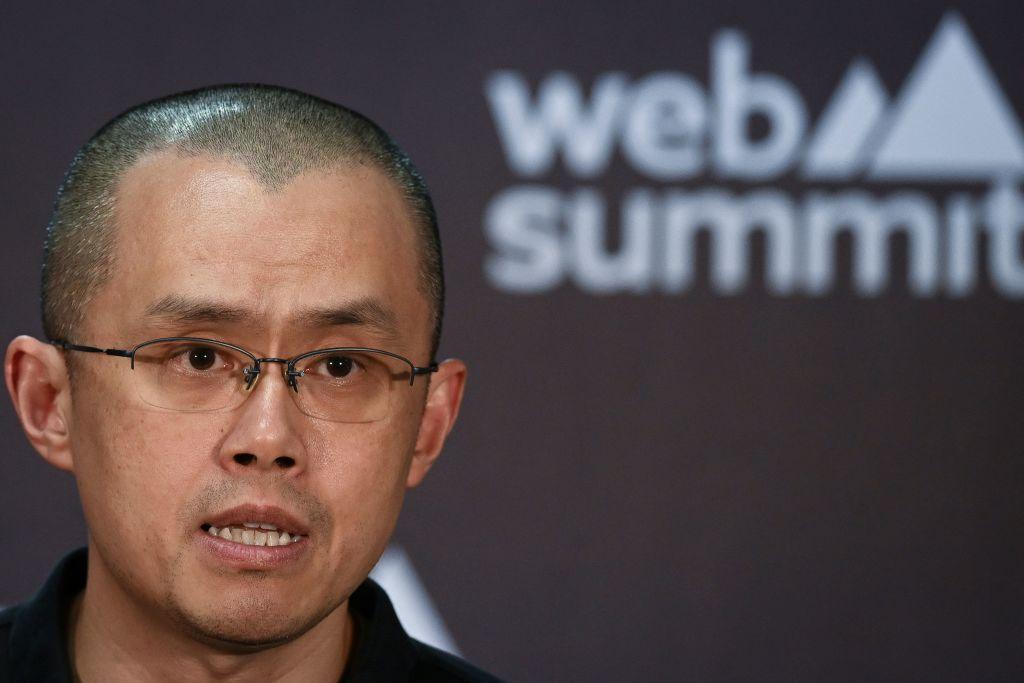Investors have been pulling billions out of Binance’s stablecoin after a securities regulator crackdown.
The crypto exchange’s stablecoin, Binance USD (BUSD), has witnessed a massive outflow of $6 billion in cash by investors following the subjugation by the Securities and Exchange Commission (SEC) of Paxos, the company that issues the token, reported the Financial Times.
Paxos admitted on Feb. 13 that the SEC had told the company that it failed to properly register the token and that the agency would consider taking legal action against the platform for offering BUSD as an unregistered security.
Binance CEO Changpeng Zhao immediately stated that the stablecoin bearing his firm’s name was not issued by Binance and is “...not something that we created,” he said on Twitter Spaces on Feb. 14.“We have an agreement to let [Paxos] use our brand, but that’s not something that we created,” Zhao continued.





